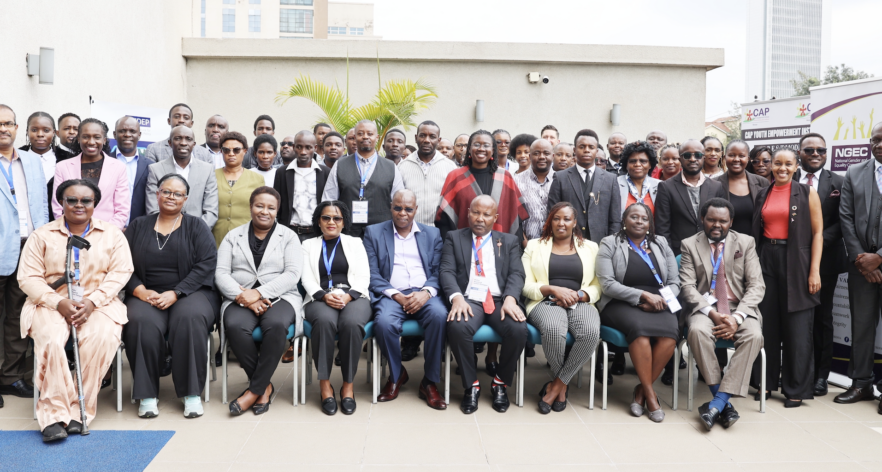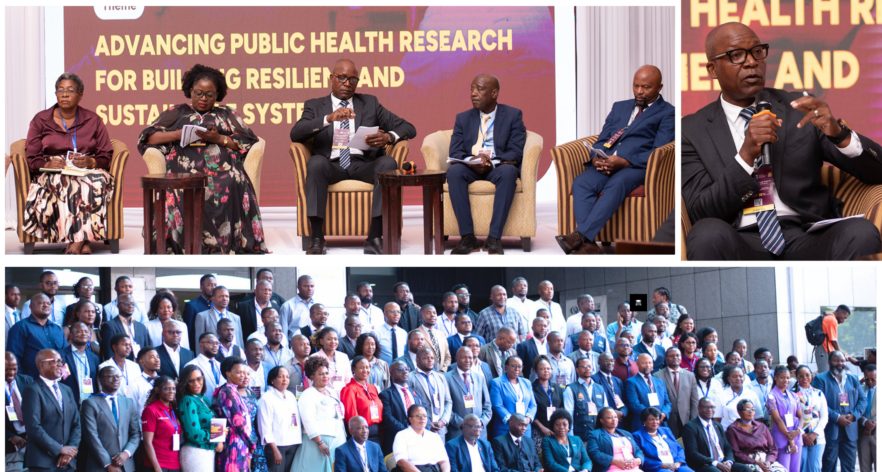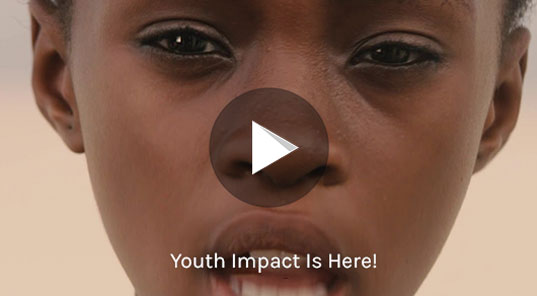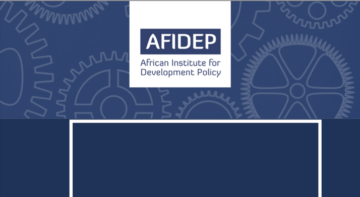


This story of change is part of a series that illustrates the early results of a 2-Week Virtual LEEPS Evidence-Informed and Equity in Policymaking Training Workshop delivered to members of the Africa Research Impact Network (ARIN) who attended the training. The stories of change illustrate how the training has improved the training of researchers in higher learning institutions, grant writing, advocacy strategies, research into policy and practice processes and project/ programme design and implementation. Download:
Our Focus Areas



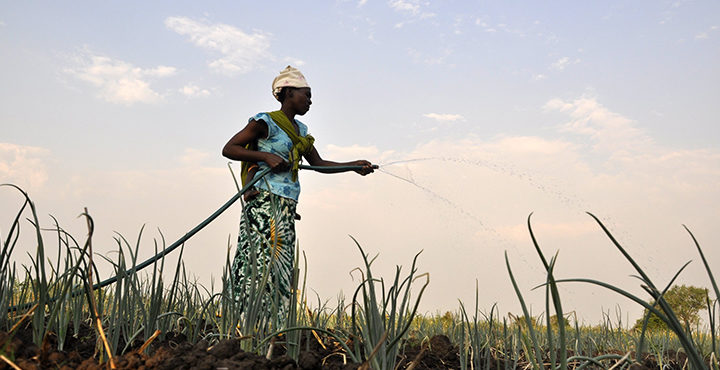
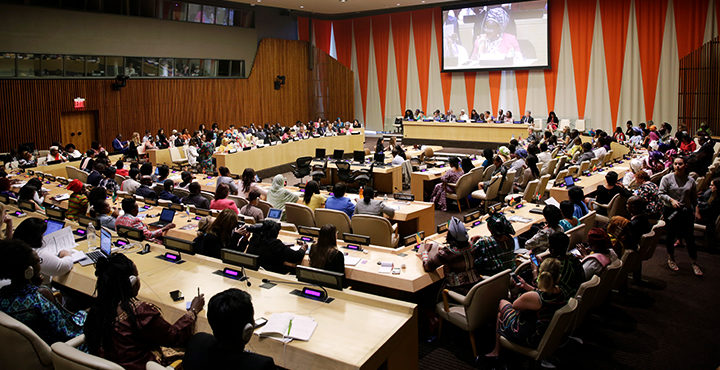
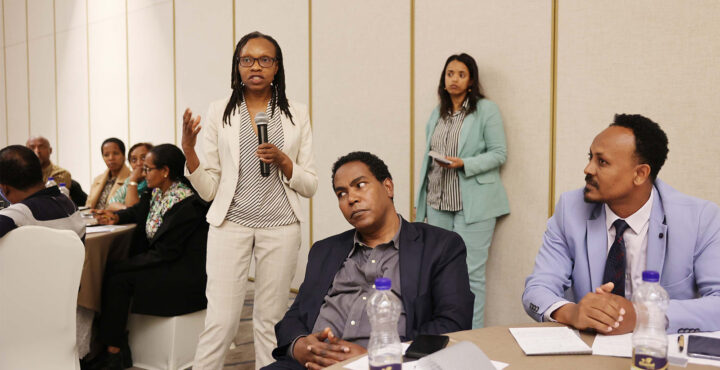
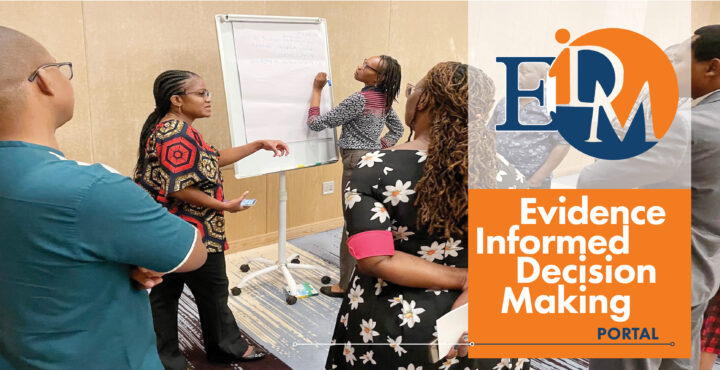
Our Objectives
Recent Publications
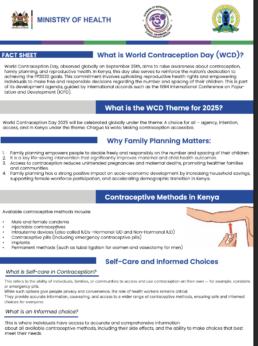
This factsheet provides a concise overview of World Contraception Day 2025 and Kenya’s continued commitment to expanding access to family planning. It highlights why contraception matters for health and development, outlines the range of modern methods available, and explains key concepts such as self-care and informed choice. The factsheet also presents essential data from the Kenya Demographic and Health Survey, including trends in contraceptive use, sources of services, and unmet need. By summarising Kenya’s FP2030 targets and the role of different stakeholders, this factsheet aims to promote understanding, informed decision-making, and stronger support for reproductive health across the country.
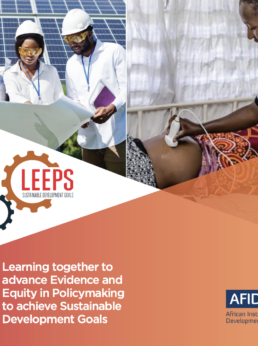
Learning Together to Advance Evidence and Equity in Policymaking (LEEPS) is a multi-country initiative led by the African Institute for Development Policy (AFIDEP) that strengthens the use of evidence and equity in policymaking across Africa. The project enhances institutional and individual capacities in evidence-informed policymaking (EIP), integrates gender equity into policy processes, and nurtures networks for learning and collaboration. In its first phase (2023–2025), LEEPS focuses on reproductive health and clean energy in Kenya and Nigeria, with plans to expand across the continent. Read the brochure for details:
Latest Multimedia






